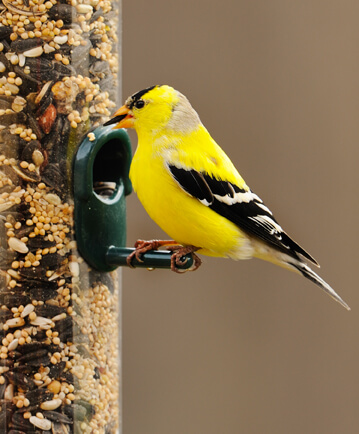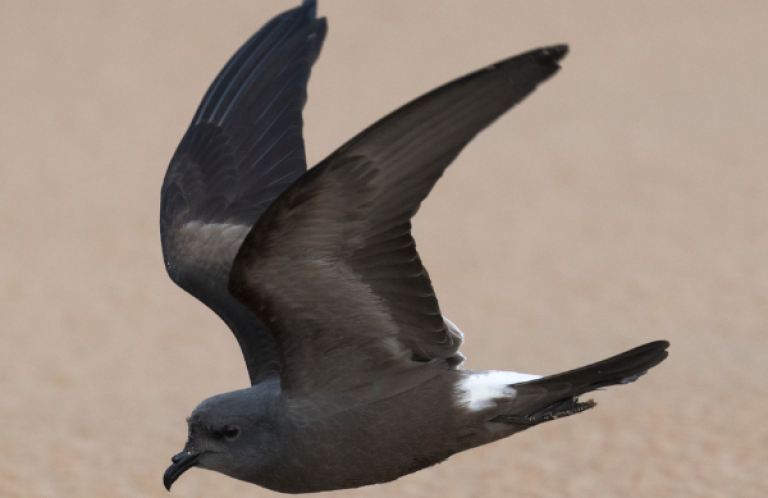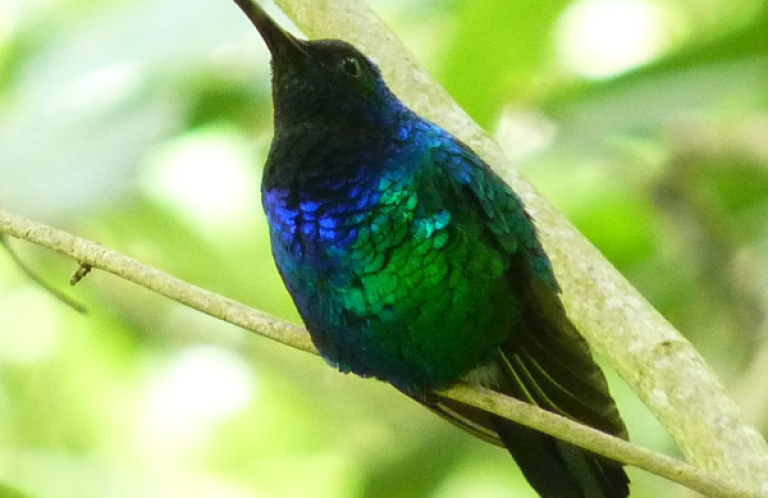Conservation Group Seeks Assurance that Wild Bird Seed Products Are Pesticide-Free
 |
| A leading bird group wants to ensure that the world's most widely used insecticide is never used on bird seed. Photo by JanetandPhil, Flickr. |
(Washington, D.C. May 1, 2013) American Bird Conservancy has sent letters to two of the nation's largest manufacturers of wild bird seeds, Scotts Miracle-Gro Company and Kaytee Products, seeking assurance that the company supply chains remain free of neonicotinoid insecticides, which can be fatally poisonous to birds.
“American Bird Conservancy (ABC) would like to direct your attention to the neonicotinoid coatings that are commonly applied to corn, canola, sunflower, millet, and other types of seeds,” says the letter. “Our recently completed scientific assessment concluded that these insecticides routinely are incorporated into seeds and are lethal to birds. We want to ensure that these insecticidal treatments are never found on the bird seed that your companies sell to consumers for feeding pets and wild birds.”
ABC recently released a 100-page scientific report on the effects of neonicotinoid insecticides on birds, The Impact of the Nation's Most Widely Used Insecticides on Birds. These chemicals are applied as seed treatments in agricultural and horticultural seed products. For some crops such as corn, close to 100 percent of seed on the market is treated. ABC reviewed 200 studies on neonicotinoids, including industry research obtained through the U.S. Freedom of Information Act.
The ABC report found that a single corn kernel coated with a neonicotinoid can kill a songbird. Even a tiny grain of wheat or canola treated with the oldest neonicotinoid, imidacloprid, can fatally poison a bird. And as little as one-tenth of a neonicotinoid-coated corn seed per day during egg-laying season is all that is needed to affect reproduction. Low-level exposure to neonicotinoids is associated with a range of potentially debilitating effects such as egg-shell thinning and loss of muscle coordination.
“Given that a single neonicotinoid-coated seed can fatally poison a bird, it is important that the seeds marketed for home bird feeders remain free of these chemical treatments,” said Cynthia Palmer, Pesticides Program Manager for ABC. In response to past wild bird seed contamination incidents, ABC has implemented random testing of bird seed sold by major retailers. To date, ABC's independent bird seed testing efforts have focused on older products such as the organophosphorous and carbamate pesticides. The ABC letter, however, asserts that “Neonicotinoids are also now a candidate for future testing.”
Since the use of neonicotinoid coatings is nearly ubiquitous in many seed crops grown in the United States, ABC wants to make sure that the seeds sold by bird seed manufacturers for use in backyard bird feeders remain free from neonicotinoid insecticides. “It would be wretched if bird watchers were unknowingly poisoning the very birds that they seek to nurture and enjoy with their families,” said Palmer.
ABC is asking the Scotts Miracle-Gro and Kaytee companies to provide documentation showing that their bird seed supply chains are indeed pure and free of imidacloprid, clothianidin, thiamethoxam, and other neonicotinoid insecticides.
The 2011 National Survey of Fishing, Hunting, and Wildlife-Associated Recreation (large document – 26 MB), conducted by the U.S. Fish and Wildlife Service, reports that the nation's nearly 47 million birdwatchers spend over $4 billion annually on bird feed.


















































